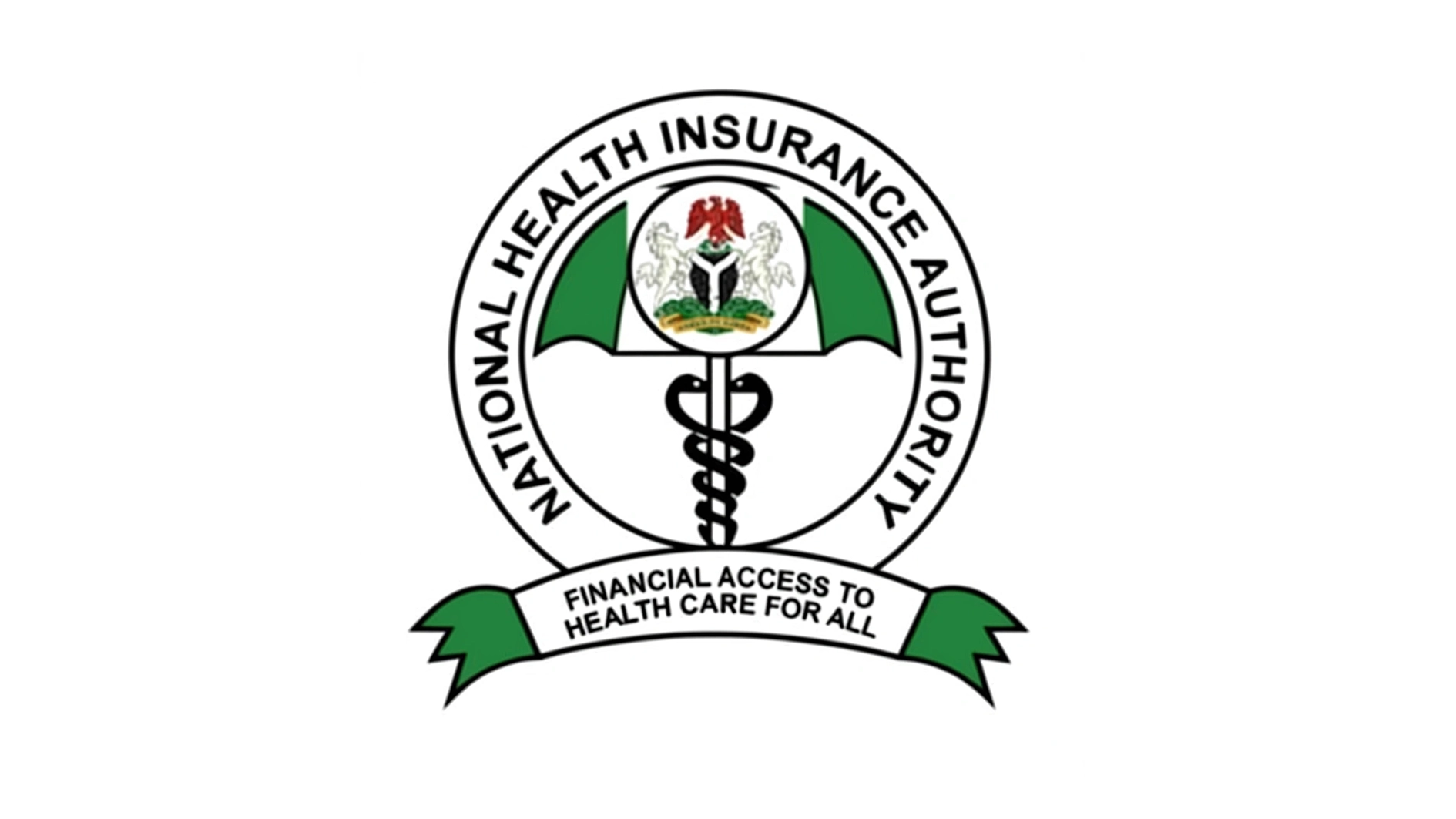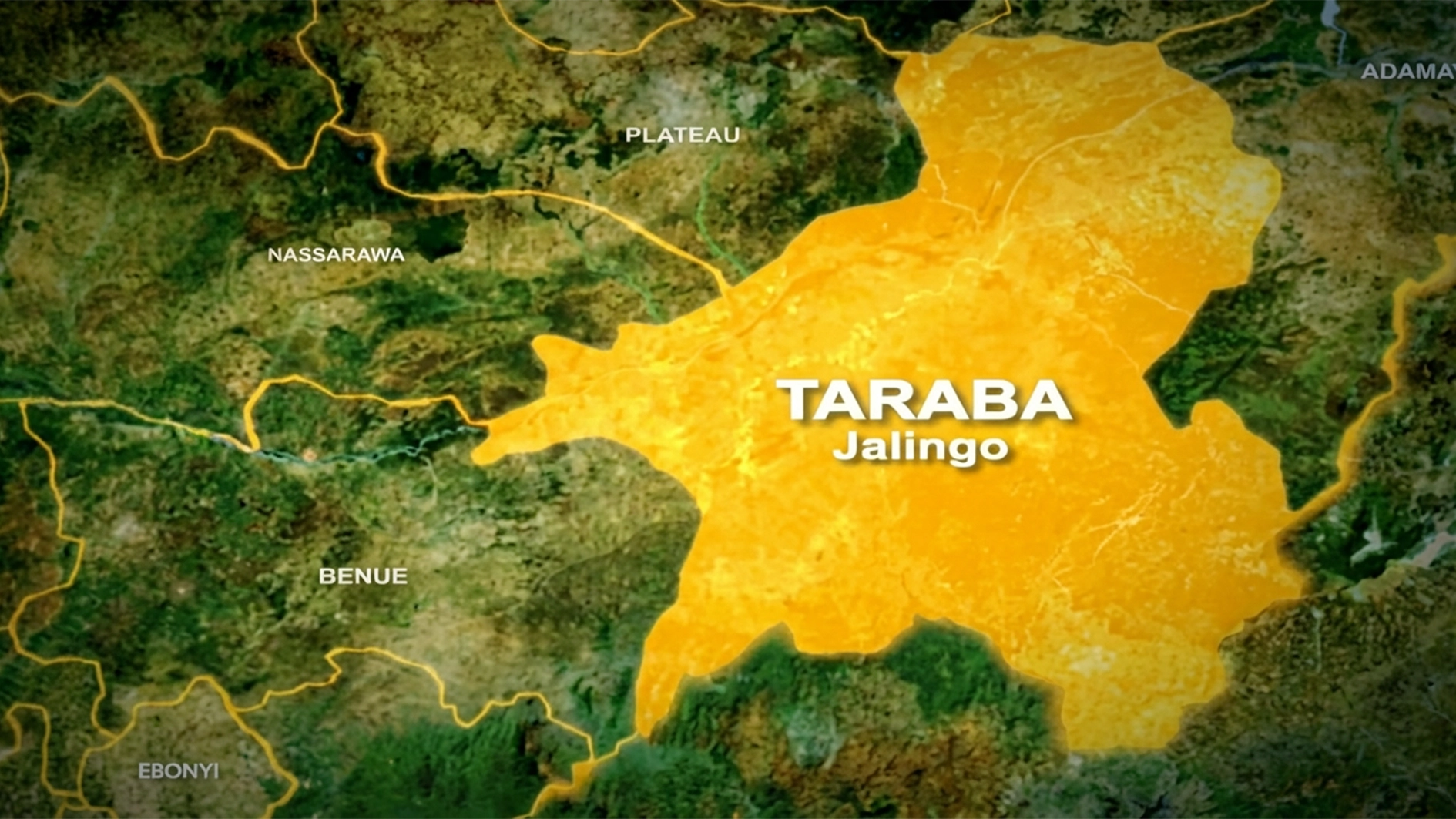The drive to eliminate open defecation and improve access to clean water and sanitation in Cross River State is at risk due to inadequate funding, a senior government official warns.
The Permanent Secretary of the State Ministry of Water Resources, Engr. Okon Ita, raised the alarm during a one-day training workshop held in Calabar, focused on improving budgeting, funding, and accountability in the Water, Sanitation, and Hygiene (WASH) sector.
The training, organised by BudgIT Foundation Nigeria with support from Self Help Africa, brought together budget officers from key government ministries, departments, and agencies (MDAs) to strengthen financial planning around WASH services.
Engr. Ita emphasised the urgent need for greater fiscal commitment from all stakeholders, urging that at least 20 per cent of the state’s annual budget be earmarked for WASH-related activities. He argued that without targeted investment, Cross River risks falling behind on its commitment to become Open Defecation Free (ODF), a key national and international development goal.
“Our environment and public health are being compromised because WASH is not being given the attention it deserves,” he said, adding that pending legislation to outlaw open defecation would be a vital step forward.
Highlighting that only one per cent of the Earth’s water is readily usable, Ita called for strategic action to safeguard health and ensure sustainable development, especially in underserved rural areas.
Also speaking at the event, Mr. Joshua Otei, BudgIT Foundation’s representative in the state, described the training as part of a broader initiative to close service delivery gaps in WASH. The initiative falls under the WASH Systems for Health project, supported by the UK’s Foreign, Commonwealth and Development Office (FCDO).
Otei noted that the workshop aimed to build capacity among public officials to plan and execute budgets more effectively, while enhancing accountability and encouraging innovative financing models such as public-private partnerships.
“We need to move beyond generic budgets. This training equips participants with practical tools to plan based on actual needs and ensure every naira allocated translates to real impact,” he stated.
He also praised Self Help Africa for its ongoing interventions in Yala and Obubra LGAs, but called for expanded support to other local government areas still facing critical WASH challenges.
Participants left the workshop with a renewed sense of urgency and a shared understanding that achieving universal access to clean water and sanitation requires not only political will but deliberate, well-funded action.






